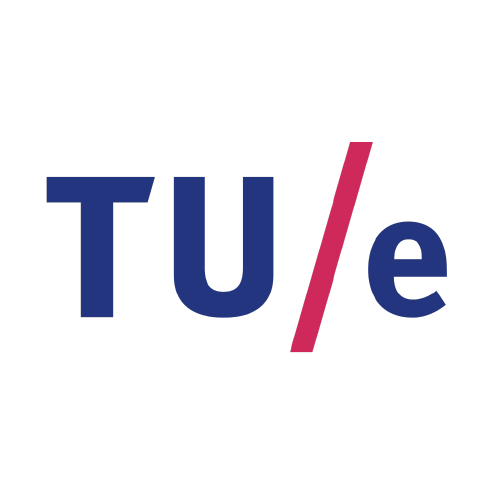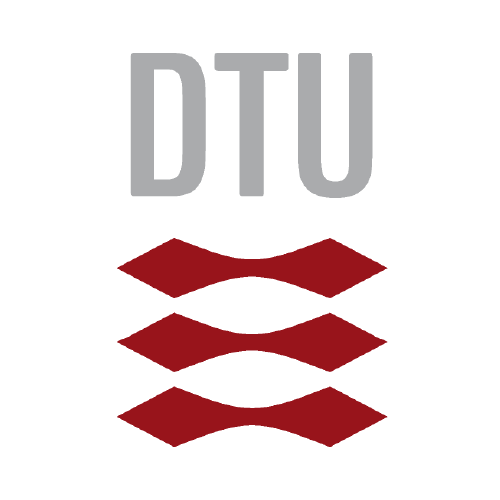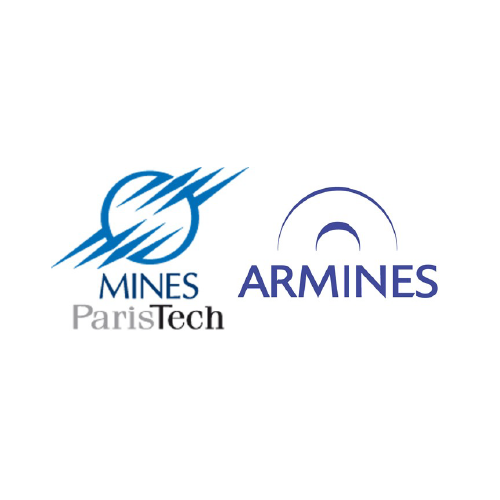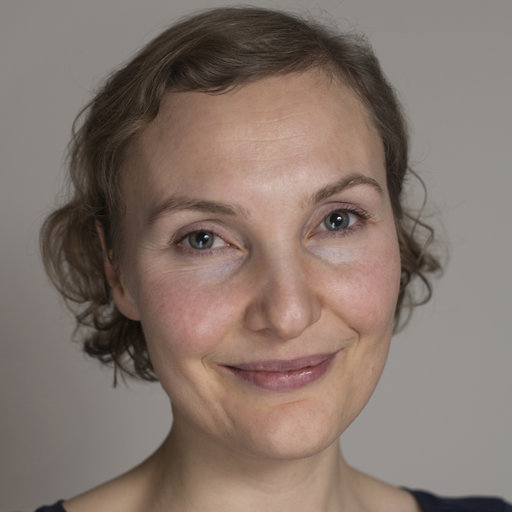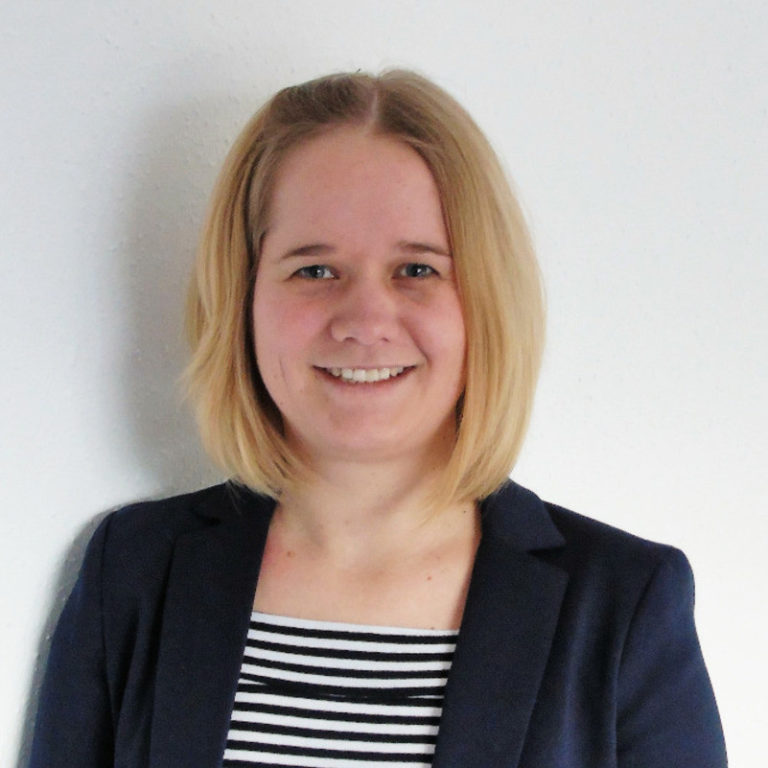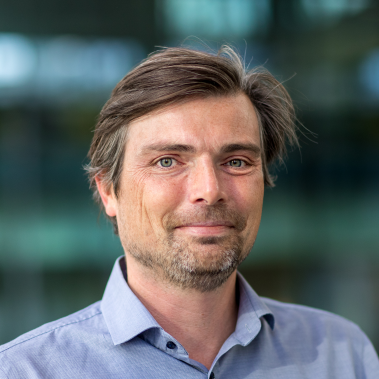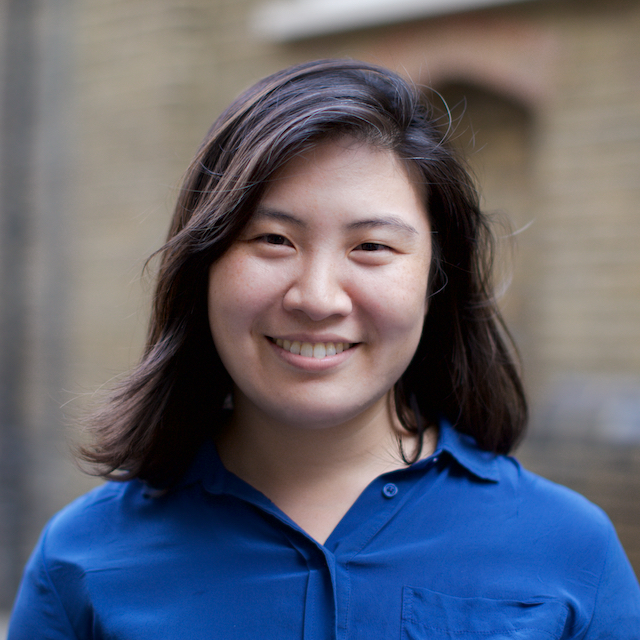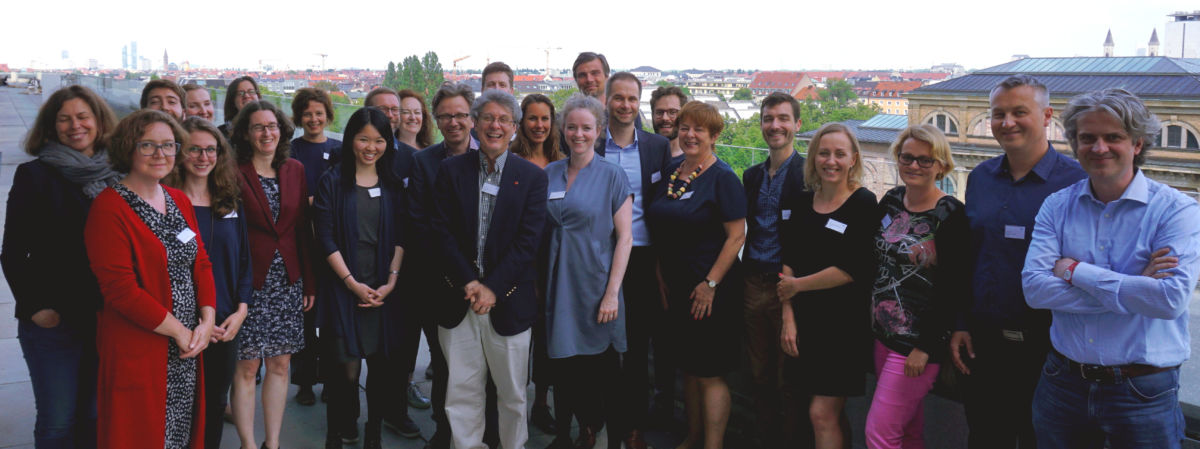
All partners contribute with a unique area of scientific expertise and local knowledge about co-creation activities in their countries.
The Consortium
Country: Germany
Key responsibilities in SCALINGS: Main coordination, project management, theory development, ethical requirements, policy analysis, research on Robotics, Autonomous Driving and Urban Energy
The Technical University of Munich is committed to research and teaching across 15 departments and forges strong links with companies and scientific institutions across the world, for example as a member of the EuroTech Alliance which brings together the top-class universities DTU, TU/e, EPFL and TUM.
The Munich Center for Technology in Society (MCTS) is one of TUM’s Integrative Research Centers and one of the most prominent centers for Science and Technology Studies (STS) in Germany. It is dedicated to understanding and reflexively shaping the multiple interactions between science, technology and society. TUM School of Management is situated at the intersection of management, engineering, natural and life sciences and focuses on real-world and innovation based solutions that benefit society at large.
Read more on: TUM | MCTS | SOM
Country: The Netherlands
Key responsibilities in SCALINGS: Coordination of collective Living Lab research, dissemination, research focus on Urban Energy
Eindhoven University of Technology (TU/e) is a research university specializing in engineering, science & technology within three main aspects: Science for society for solving societal issues and boosting prosperity in the core fields Energy, Health and Smart Mobility. Science for industry for boosting technological innovation in cooperation with industry and Science for science for advancing engineering sciences.
The Department of Industrial Engineering & Innovation Sciences (IE&IS) follows the mission to develop an engineering perspective of business processes as well as to support interdisciplinary research on societal transitions in relation to technological change. The Philosophy and Ethics Groups (P&E) carries out philosophical research at the interface between fundamental philosophical issues and real-world problems that arise from the design and use of innovative technologies.
Read more on: TU/e | IE&IS | P&E
Country: Denmark
Key responsibilities in SCALINGS: Coordination of collective research on Public Procurement of Innovation and Living Labs, research focus on Urban Energy
Technical University of Denmark (DTU) focuses on technological development through education, research, innovation and research based consultancy. Furthermore DTU’s goal is to deliver research based on the connection between theory, model building and empiricism. DTU is a member of the EuroTech Universities Alliance alongside other top-class universities TU/e, EPFL and TUM.
DTU Management (MAN) conducts research in the intersection between management, technology and economics – in close cooperation with companies and public authorities and with a focus on the path to an efficient and sustainable society. Furthermore, the department hosts a UN Collaborating Centre on Energy, Climate and Sustainable development, including policy analysis and advising on a global scale.
Read more on: DTU | MAN
Country: France
Key responsibilities in SCALINGS: Coordination of collective research on Co-creation Facilities, Research focus on Autonomous Driving and Robotics
ARMINES is a private non-profit research and technological organisation (RTO) funded in 1967 and currently shares 48 Common Research Centres with its many partners schools, one of which is MINES ParisTech. Each entity in this joint research network provides personnel, investment and operating resources for common research purposes.
The Center for the Sociology of Innovation (CSI) is a joint research center MINES ParisTech – ARMINES which focuses on how knowledge and innovations are formed and transform our societies. Its work is structured into three fields of application: technical democracy including social experimentation and public debate, economic and management sciences as well as the construction of individuals and collectives.
Read more on: ARMINES | MINES ParisTech | CSI
Country: Poland
Key responsibilities in SCALINGS: Research focus on Urban Energy
Wroclaw University of Economics and Business (WUEB) is ranked amongst the top universities of economics in Poland by the Polish Ministry of Science and Higher Education. It is a key centre of education, science and research, and plays an important role in the international scientific community.
The Department of Corporate and Public Finance (KFP) is an interdisciplinary centre for the integrated study of science’s economics, finance (corporate finance and public finance) and policy. Its main focus is on sustainability transition, corporate sustainability, sustainable finance, green economy and finance, as well as effectiveness of investment in renewable energy.
Read more on: WUEB | KFP
Country: United Kingdom
Key responsibilities in SCALINGS: Coordinating collective research on Co-creation Facilities and Public Procurement of Innovation, research focus on Robotics and Autonomous Driving
University College London (UCL) is one the world’s leading universities with more than 4,000 academic and research staff in 72 departments. Nobel Prizes have been awarded to 20 academics and graduates. In 2009, UCL was ranked fourth in the world by the Times Higher Education Ranking. The Department of Science and Technology Studies is an interdisciplinary centre for the integrated study of science’s history, philosophy, sociology, communication and policy. The department has won awards for teaching and research, as well as for its public engagement programme. Since 2013, the Department has hosted the UK Hub for Responsible Research and Innovation.
Read more on: UCL | STS Dept
Country: United Kingdom
Key responsibilities in SCALINGS: Communication and dissemination
Social Innovation Exchange (SIX) has the core mission to nurture a shift in structures and mind-sets globally, and to provide constant learning and meaning to the field of social innovation. By connecting diverse stakeholders, scattered across traditional silos and boundaries, SIX has played a critical role in developing the social innovation movement globally, over the past 10 years, working with governments, businesses, academics, funders, practitioners, community organisations.
Read more on: SIX
Country: Austria
Key responsibilities in SCALINGS: Legal research on co-creation in the areas of Robotics, Autonomous Driving and Urban Energy
The University of Graz, which was founded in 1585, is Austria’s second oldest university and one of the largest in the country. Many excellent scientists, among them six Nobel laureates, have taught and researched here. With 31,000 students and 4,300 employees the University of Graz contributes significantly to the vibrant life of the Styrian capital. Its location in Europe encourages a lively scientific, economic and cultural exchange with South-East Europe, from which not only the city but also its educational institutions benefit.
Iris Eisenberger’s team is part of the Institute of Public Law and Political Science at the Faculty of Law. Its research and teaching foci are public economic law, innovation and technological law, and the protection of human rights.
Read more on: University of Graz | Iris Eisenberger’s team
Country: United Kingdom
Key responsibilities in SCALINGS: Research across Robotics, Autonomous Driving and Urban Energy
Imperial College London is a world top ten university with an international reputation for excellence in teaching and research. Consistently rated among the world’s best universities, Imperial is committed to developing the next generation of researchers, scientists and academics through collaboration across disciplines.
The Imperial College Business School drives global business and social transformation through the fusion of business, technology and an entrepreneurial mindset. It combines innovative thinking and insight with new technology to develop solutions to real world issues, benefiting business and improving society.
Read more on: Imperial College London | Imperial College Business School
Country: United Kingdom
Key responsibilities in SCALINGS: Coordinating collective research on co-creation and Public Procurement of Innovation, research focus on robotics and theory development.
Founded in 1983, The International Society for Professional Innovation Management (ISPIM) is the oldest, largest and most active innovation association in Europe. It’s a community of members from research, industry, consulting and the public sector that all share a passion for innovation management, e.g. how to successfully create new products, processes and services to stimulate economic growth and well-being. At the intersection of industry and academia, ISPIM delivers scientific and educational material, research projects and events to help spread know-how about how individuals, organizations and society at-large can be better organized to create and distribute innovation effectively.
ISPIM – Teaching and Coaching Innovation focuses on learning how to build, sustain and extend innovation capabilities. The Methods & Skills group brings together researchers and practitioners to tackle demands for rigor and impact in design, execution and communication of innovation management research and projects.
Read more on: ISPIM | Teaching and Coaching Innovation | Methods & Skills
Experts
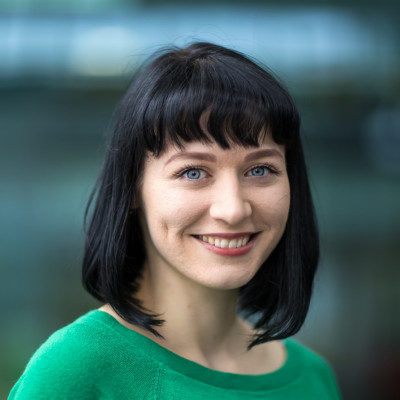
M.Sc. Mandi Astola
Doctoral Student
TU/e
Philosophy | Ethics
Urban Energy
Favorite SCALINGS research question:
What is good about co-creation and why should we upscale it?

Dr. Mathieu Baudrin
Postdoc
ARMINES/MINES ParisTech
Responsible Innovation | STS | Public Policy
Autonomous Driving, Robotics
Favorite SCALINGS research question:
What role do tests and industrial clustering dynamics play in co-creation processes?
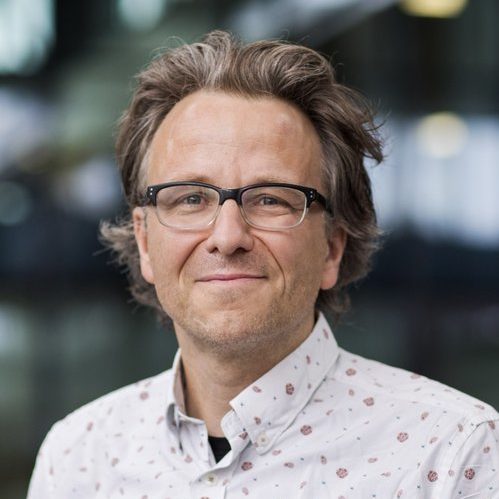
Dr. Gunter Bombaerts
Assistant Professor of Philosophy & Ethics
TU/e
Philosophy | Ethics
Urban Energy
Favorite SCALINGS research question:
How are individual and collective values co-created in innovation processes?
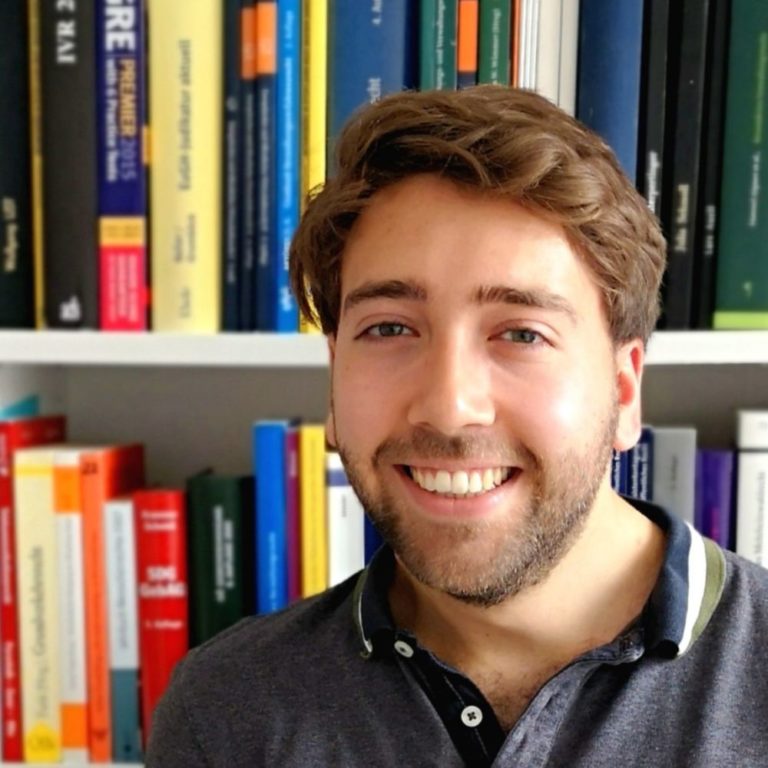
Mag. Thomas Buocz
Research Associate
Uni Graz
Law | Public Policy
Autonomous Driving, Robotics, Urban Energy
Favorite SCALINGS research question:
In what ways can experimental statutory clauses serve to enable living labs
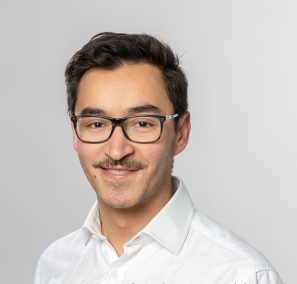
Dr. Carlos Cuevas Garcia
Postdoc
TUM
STS | Innovation Research | Studies of Interdisciplinarity
Robotics
Favorite SCALINGS research question:
What are the trade-offs of co-creation, how can we cope with them?
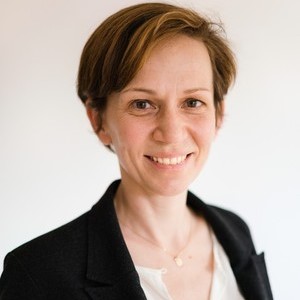
Prof. Dragana Damjanovic
Professor of Public Law
TU Vienna (assoc. Uni Graz)
Law | Public Policy | PPI
Autonomous Driving, Robotics, Urban Energy
Favorite SCALINGS research question:
Does public procurement as structured by the current regulatory framework has the potential to develop a policy instrument to foster innovation?
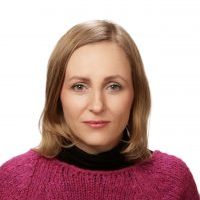
Dr. Karolina Daszynska-Zygadlo
Assistant Professor
WUEB
Corporate Finance | Innovation Models
Urban Energy

Prof. Iris Eisenberger
Professor of Public Law and European Economic Law
Uni Graz
Law | STS | Public Policy
Autonomous Driving, Robotics, Urban Energy
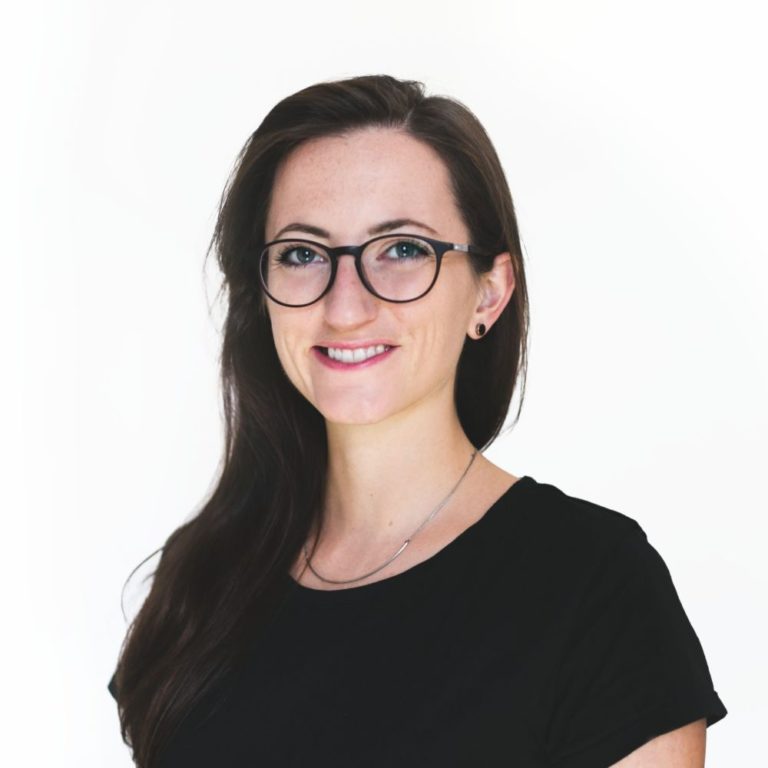
Dipl.-Ing. Annemarie Hofer
Research Associate
Uni Graz
Law | Life Sciences | Science Communication

Prof. Maja Horst
Professor
DTU
STS | Science Communication | Public Engagement
Urban Energy, Robotics, Autonomous Driving
Favorite SCALINGS research question:
What gets defined as 'inside' and 'outside' when co-creating?
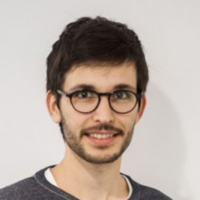
Manuel Jung
M.A. Student
TUM
STS | Responsible Innovation
Autonomous Driving
Favorite SCALINGS research question:
How are co-creation processes in testbeds transferred to further places?

Dr. Brice Laurent
Senior Researcher
ARMINES/MINES ParisTech
STS | Public Policy | Responsible Innovation | Comparative Studies
Autonomous Driving, Robotics

Dr. Benjamin Lipp
Postdoc
TUM
STS | Responsible Innovation | Innovation Research | Innovation Policy
Robotics
Favorite SCALINGS research question:
How can we expand the role of users in co-creation?

Dr. Diana Martin
Postdoc
TU/e
Philosophy | Ethics | Educational Research
Favorite SCALINGS research question:
How can co-creative educational initiatives be scaled up?
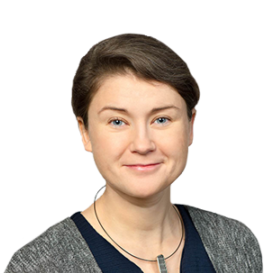
Prof. Ruth Müller
Professor of Science and Technology Policy
TUM
ST Policy | Life Sciences | STS | Public Policy
Autonomous Driving, Robotics, Urban Energy
Favorite SCALINGS research question:
How can co-creation practices promote equality and social justice?
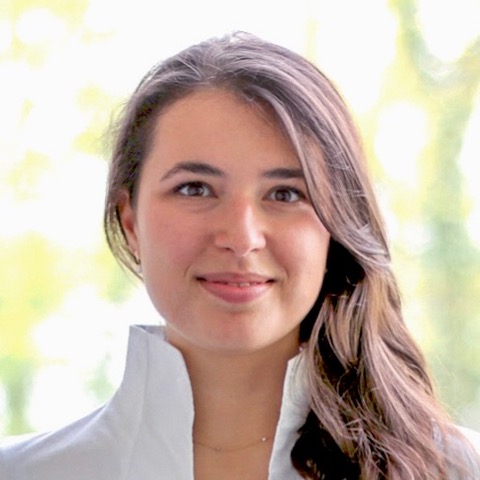
Lieselotte Niebch
Master Student
TUM
STS | Innovation Research
Autonomous Driving
Favorite SCALINGS research question:
How does experimentation frame the use of technology?
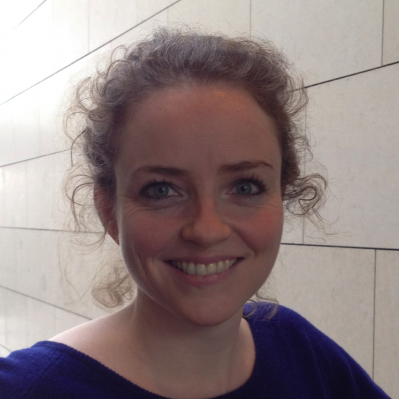
Dr. Sophie Nyborg
Researcher
DTU
STS | Engineering Design | Anthropology | Responsible Innovation
Urban Energy

Dr. Cian O’Donovan
Research Associate
UCL
STS | Public Policy | Responsible Innovation
Autonomous Driving, Robotics, Urban Energy

Dr. Kyriaki Papageorgiou
Senior Researcher
ISPIM
Anthropology | STS | Ethics | Public Policy
Robotics, Autonomous Driving
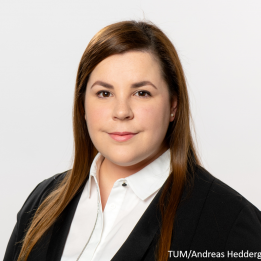
M.Sc. Federica Pepponi
Doctoral Student
TUM
STS | Management | Innovation Research
Robotics
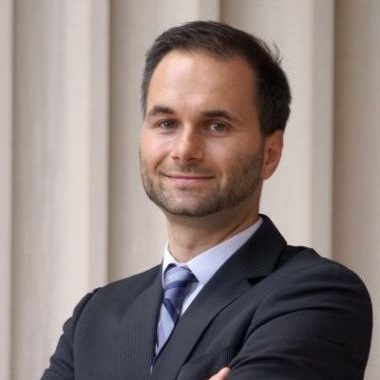
Prof. Sebastian Pfotenhauer
Professor of Innovation Research | SCALINGS Coordinator
TUM
Innovation Policy
Autonomous Driving, Robotics
Favorite SCALINGS research question:
How can we scale up living labs?

M.A. Julia Renninger
Research Fellow
TUM
STS | Innovation Research
Urban Energy
Favorite SCALINGS research question:
How do living labs (de-)stabilize smart energy pioneers in Germany and the EU?
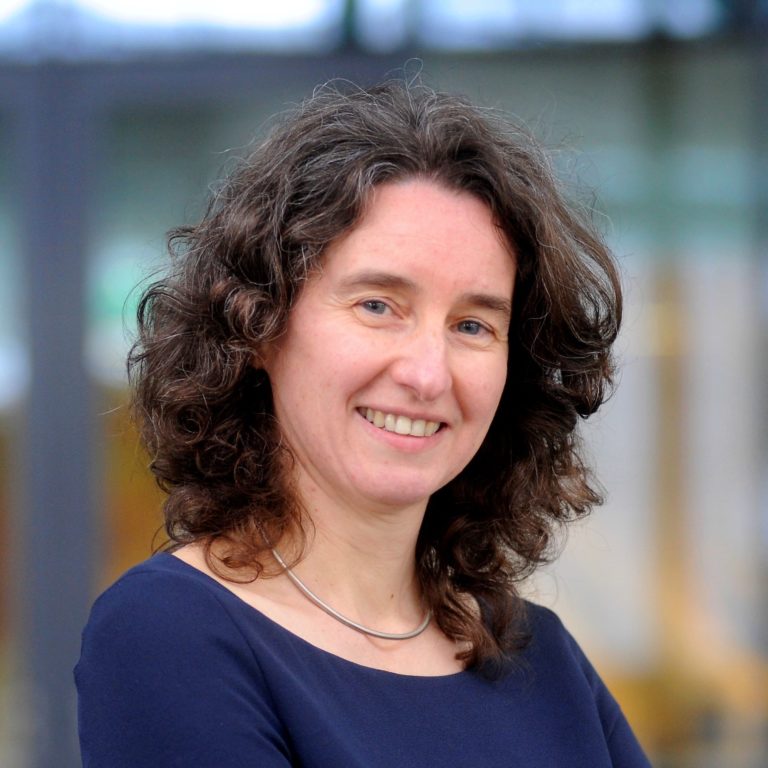
Prof. Isabelle Reymen
Professor of Design of Innovation Ecosystems
TU/e
Management | Engineering Design | Organization Studies
Urban Energy
Favorite SCALINGS research question:
What is the role of universities in co-creation?

Dr. Lambér Royakkers
Associate Professor in Ethics of Technology
TU/e
Philosophie | Ethics | Responsible Innovation | Value-based Design
Autonomous Driving, Robotics
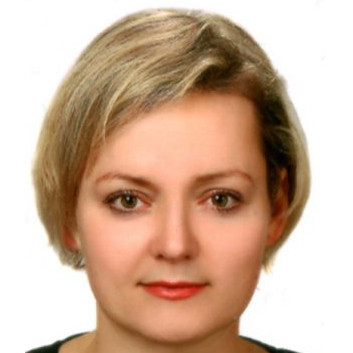
Magdalena Rozwadowska
Doctoral Student
WUEB
Management | Accounting | Computer Science
Urban Energy

M.Sc. Anja Kathrin Rueß
Doctoral Student
TUM
STS | Public Policy | Energy Policy
Urban Energy
Favorite SCALINGS research question:
How are questions of democracy reiterated/altered in co-creative innovation policy settings?
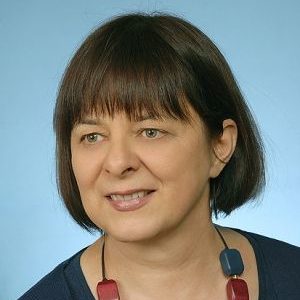
Prof. Bożena Ryszawska
Professor of Economics
WUEB
Public Policy | Economics | Finance
Urban Energy

Dr. Arzu Sedef
Postdoc
TU Vienna (assoc. Uni Graz)
Public Policy | Law | IP
Autonomous Driving, Robotics, Urban Energy
Favorite SCALINGS research question:
Do intellectual property and data ownership issues with regard to co-creation facilities foster or hinder co-creation?

Dr. Melanie Smallmann
Lecturer
UCL
STS | Public Policy
Autonomous Driving, Robotics, Urban Energy
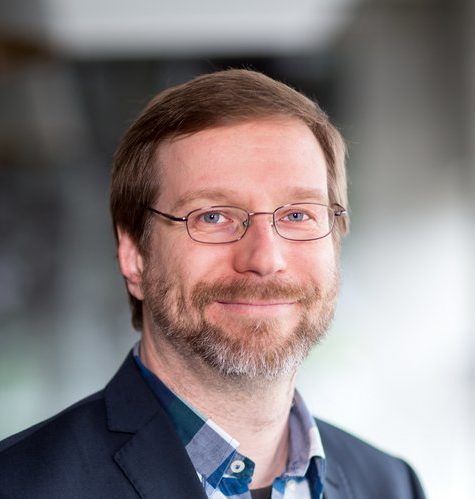
Dr. Andreas Spahn
Assistant Professor of Philosophy & Ethics
TU/e
Philosophy & Ethics
Urban Energy
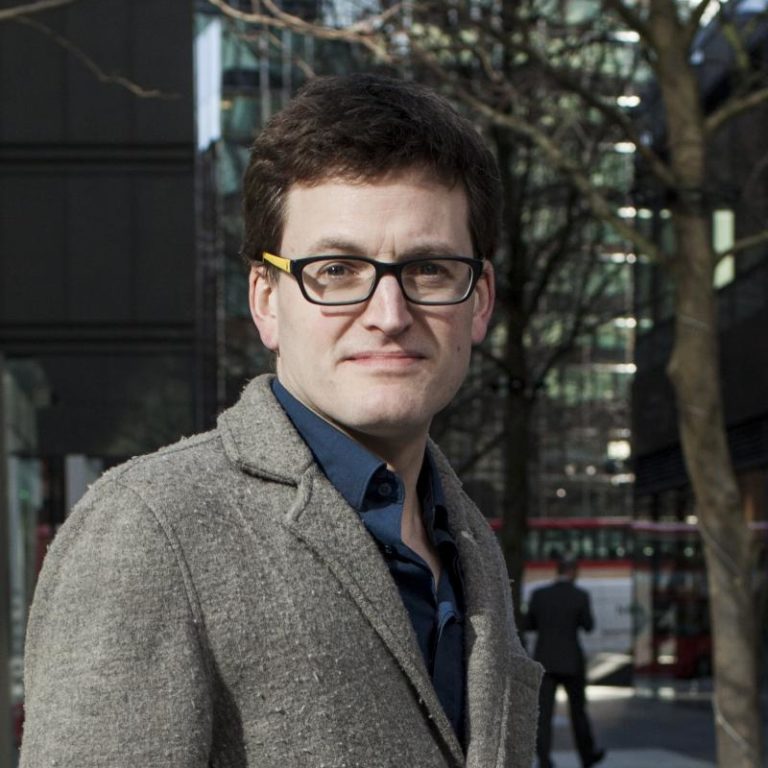
Dr. Jack Stilgoe
Senior Lecturer
UCL
STS | Governance of emerging technologies
Autonomous Driving
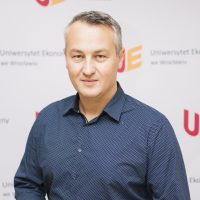
Prof. Piotr Szymanski
Professor of Management
WUEB
Management | Economics
Urban Energy

Dr. Makoto Takahashi
Postdoc
TUM
Innovation Research | Public Participation | Authority & Expertise
Urban Energy
Favorite SCALINGS research question:
Can one distinguish between models that scale 'up' and scale 'across'?
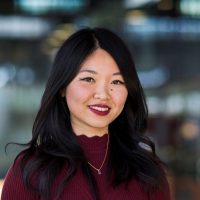
M.A. Shelly Tsui
Doctoral Student
TU/e
STS | Public Policy | Responsible Innovation
Robotics, Urban Energy
Favorite SCALINGS research question:
How can co-creation empower stakeholders to realize their value propositions?

Prof. Christopher L. Tucci
Professor of Digital Strategy & Innovation
Imperial College London
Management | Organization Studies | Innovation Models
Urban Energy, Robotics

Dr. Gianluigi Viscusi
Senior Research Fellow
Imperial College London
STS | Philosophy | Public Policy | Information Systems and Innovation
Robotics, Autonomous Driving
Favorite SCALINGS research question:
Which are the crowd-dynamics involved in testing innovation?

Dr. ir. Anna J. Wieczorek
Assistant Professor of Philosophy & Ethics
TU/e
Sustainability Transitons | Responsible Innovation | Social Innovation
Autonomous Driving, Urban Energy

